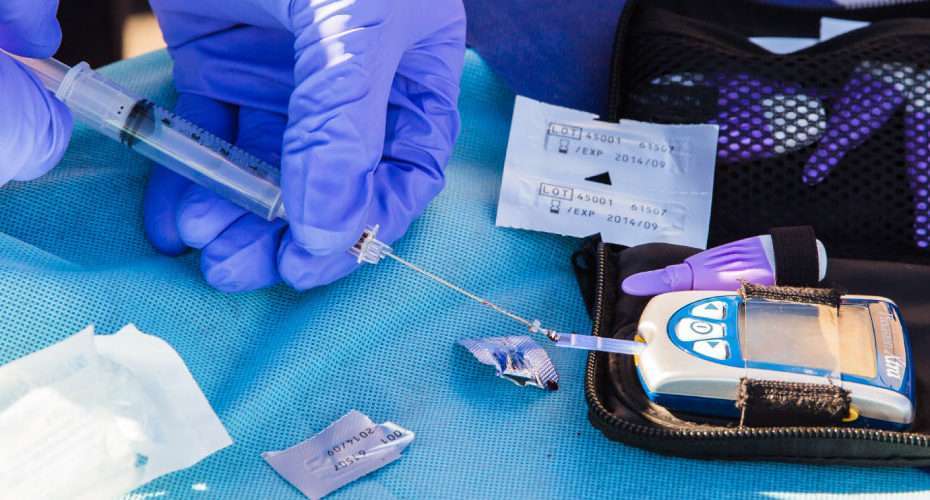According to American Diabetes Association, prediabetic or borderline diabetic refers to an individual with blood glucose levels too high to be considered normal but not high enough to meet the criteria for diabetes – fasting blood glucose in the range of 100-125 mg/dl or HbA1C between 5.7-6.4 %.
Potential Causes of Prediabetes
Prediabetes is a precursor to type 2 diabetes. Hence it becomes imperative to understand the causes of prediabetes. Here are some of the known causes –
-
Familyhistory:According toresearchpublished inDiabetologia,a family history of diabetes increases the risk of prediabetes by 26%,even in non-obese individuals.
-
Metabolic syndrome:Risk of developing type 2 diabeteshasa strongcorrelationwith metabolic syndrome in young adults (aged 20-39 years).
-
Unhealthy and processed foods:Dietplays a vital role asit hasthe maximum impact on our health.Badcarbs(refined and processedcarbs)andunhealthyfatshave a direct bearing oninsulin resistance.
-
Physical inactivity:Asedentary lifestylewith low physical activity is one of thekey drivers of hyperglycemia(high blood sugar).
Other conditions likegestational diabetes,heart disease, hypertension or high cholesterol can also lead toprediabetes.
Health Risk
Without any lifestyle intervention, there is an increased risk of developing type 2 diabetes within 5 years of getting diagnosed with prediabetes.
Early Warnings for Potential Diabetics
Prediabetes is the silent precursor fortype2 diabetes.Acting uponearly warningsof prediabetescan help prevent or delay the diagnosis of full-blown diabetes.Given below are some of theseearly signs,thatmight require anindividualto see a diabetologist:
- Excessive thirst and/or hunger
- Unexpected weight loss/gain
- Fatigue
- Frequent urination
- Blurred vision
Key Takeaway
Getting diagnosed with prediabetescould feel likea double whammy- managing prediabetes & avoiding the onset oftype 2 diabetes.However, withtimelymedicalinterventionsupported by a healthy diet, regularexercise,& encouragement from loved ones, onecanbeatthe condition before itaggravates.
Disclaimer: The information provided in this blog, or any linked materials, are not intended & should not be construed as medical advice. Please consult a certified healthcare professional in case of a medical concern.
